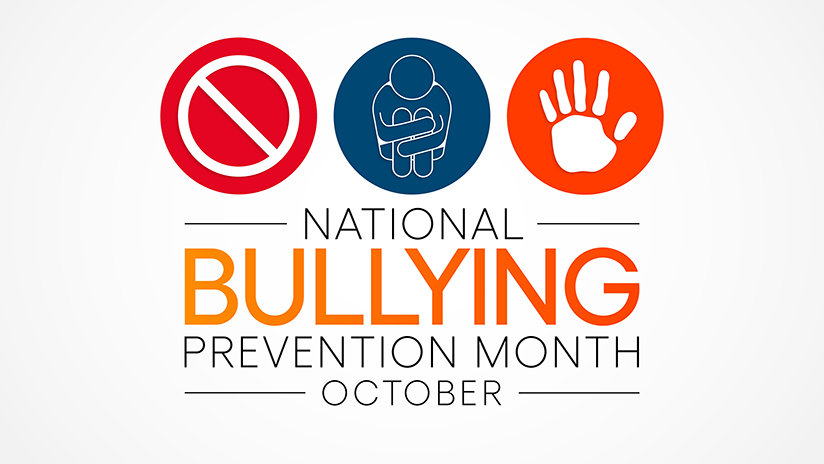
-
HOME
-
WHAT IS STANDOur Mission Our Values Our Help Contact
-
WHAT WE FIGHT FORReligious Freedom Religious Literacy Equality & Human Rights Inclusion & Respect Free Speech Responsible Journalism Corporate Accountability
-
RESOURCESExpert Studies Landmark Decisions White Papers FAQs David Miscavige Religious Freedom Resource Center Freedom of Religion & Human Rights Topic Index Priest-Penitent Privilege Islamophobia
-
HATE MONITORBiased Media Propagandists Hatemongers False Experts Hate Monitor Blog
-
NEWSROOMNews Media Watch Videos Blog
-
TAKE ACTIONCombat Hate & Discrimination Champion Freedom of Religion Demand Accountability
German Dictionary Redefines “Jew.” Who’s Next?
In George Orwell’s 1949 dystopian classic 1984, the fictional totalitarian state of Oceania replaces language with “Newspeak,” a systematic redefining of words and dumbing down of meanings to “narrow the range of thought” for the good of the party in power.

Such methods are not new. Church of Scientology Founder L. Ron Hubbard in his essay “Propaganda By Redefinition of Words” writes, “Many instances of this exist. They are not ‘natural’ changes in language. They are propaganda changes, carefully planned and campaigned in order to obtain a public opinion advantage for the group doing the propaganda. Given enough repetition of the redefinition, public opinion can be altered by altering the meaning of a word.”
The term “Jew” is not and never has been an obscene or discriminatory term.
One such word is “Jew.” The latest edition of Duden, the leading dictionary of standard German, added a notation to its entry of Jude (Jew): “Occasionally, the term Jew is perceived as discriminatory because of the memory of the National Socialist [Nazi] use of language. In these cases, formulations such as Jewish people, Jewish fellow citizens or people of the Jewish faith are usually chosen.”
The change elicited a storm of protest from Jewish groups and leaders who argued that for them the term “Jew” is not and never has been an obscene or discriminatory term—it describes who and what they are. Joseph Schuster, the head of Germany’s Central Council of Jews said, “Even if ‘Jew’ is used pejoratively in schoolyards or only hesitantly by some people, and the Duden editors are certainly well-meaning in pointing out this context, everything should be done to avoid solidifying the term as discriminatory.”
The Central Council’s Executive Director, Daniel Botmann, added, “Is it okay to say, Jew? Yes! Please don’t say ‘Jewish fellow citizens’ or ‘people of the Jewish faith.’ Just JEWS. Thank you!”

Tone of voice can be everything. The three-syllable word, “Mexican,” depending on how one says it can be a method of identification, or a sneering condemnation. So can “Muslim” or “Asian” or “Scientologist” or even “What?” But dictionaries don’t deal in voice tones, they deal in definitions. If one were to painstakingly add layers of meaning to every spoken word in existence, allowing for sarcasm, hate, innuendo, derision, condescension and false tropes, no dictionary would be able to accommodate the tens of millions of additional definitions and resulting additional volumes. The paper alone needed for such a revision would effectively wipe out the forests of Earth.
And for what? So that hate can have its say.
He was the only person at the table who didn’t know I was Jewish and was gently imparted that fact by the hostess.
The Duden dictionary in response to the reaction has since added a note on its website: “Because of their antisemitic use in history and in the present, especially during the Nazi era, the words Jew/Jewess have been debated... for decades. At the same time, the words are widely used as a matter of course and are not perceived as problematic. The Central Council of Jews in Germany, which has the term itself in its name, is in favor of its use.”
What’s next? “The YWCA, after a meeting of its executive board is pleased to inform us that the words ‘Young,’ ‘Women’ and ‘Christian’ which are all in its name have been adjudicated to be non-offensive when used under proper guidance and monitoring.” “Due to the fact that this May is Asian American and Pacific Islander Heritage Month, we have undertaken an exhaustive study of all uses of the word ‘Asian’ and are pleased to report that it is NOT offensive in MOST uses, depending, of course on the context.”
Many years ago, I had Christmas dinner at a friend’s house. Over the course of the meal, one of the guests recounted an amusing anecdote about getting a great deal on a used car. “We really Jewed that guy!” he laughed, and then stopped at the uncomfortable silence that ensued. He was the only person at the table who didn’t know I was Jewish and was gently imparted that fact by the hostess.
“Oh,” he said, turning to me. “Sorry about that, but you knew what I meant by that, right?”
I sure did.









